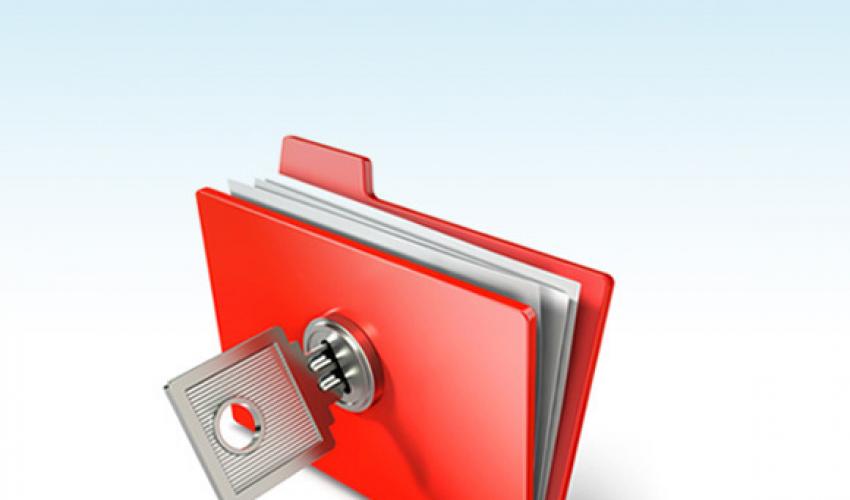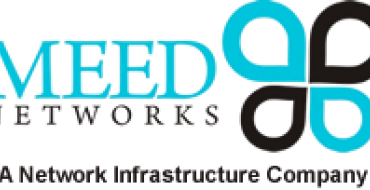
The amount of online venues requiring passwords can seem endless. The list includes everything from your banking accounts, email, and Facebook account to photo sharing platforms Instagram, online grocery offers, blogs, and your home computer accounts (including the administrator settings).
Twitter was recently hit with a security problem when the website was hacked, leaving a quarter of a million accounts in limbo. Password security is one of the most important skills in online safety. If parents make password security an important priority, they will be able to protect their own information while helping their children learn to safely manage their own accounts.
What better way to start a guide to passwords than by helping you create the ultimate password? To start, have your computer near by along with a writing utensil and a notepad- they’ll come in handy during this process, and are all that you’ll need. No need for dictionaries or a second individual—your password doesn’t have to be, and shouldn’t be, complicated and highly complex
Let’s agree, from here on in, to stop using our Bae’s name dog’s name and birth date for our single password
How Do I Make My Password Safe
- Never use real words
- 10-14 characters is ideal.
- Use as many kinds of characters as possible, include numerals, symbols, upper-case letters, lower-case letters, and punctuation.
- Change passwords frequently
- When choosing a password, use mnemonic devices to help you remember it. For example, create a password which is really an acronym for a sentence (include punctuation/symbols and numerals in this acronym):
- “My daughter, Hayley, is a great tennis player” becomes “Md,h,=gr8tP”.
- “I love singing in the rain every single day!” becomes “I<3SitR364!”
- Don’t use“all-purpose” passwords
- Never use any personal identifying information in the password. This includes names, birthdates, pets, street addresses, schools, phone numbers, license plate numbers, etc. These will be first guesses for anyone trying to gain access to your account.
- Look into Longer Passwords
And Finally You Really Need a Password Manager
Unless you have an iron-clad memory, using different passwords across all of your accounts is going to prove difficult. Doing so with hard-to-crack passwords? Near impossible. Getting a password manager ensures that you can keep all of your accounts safe and secure using a single master password.
- Log in to post comments





